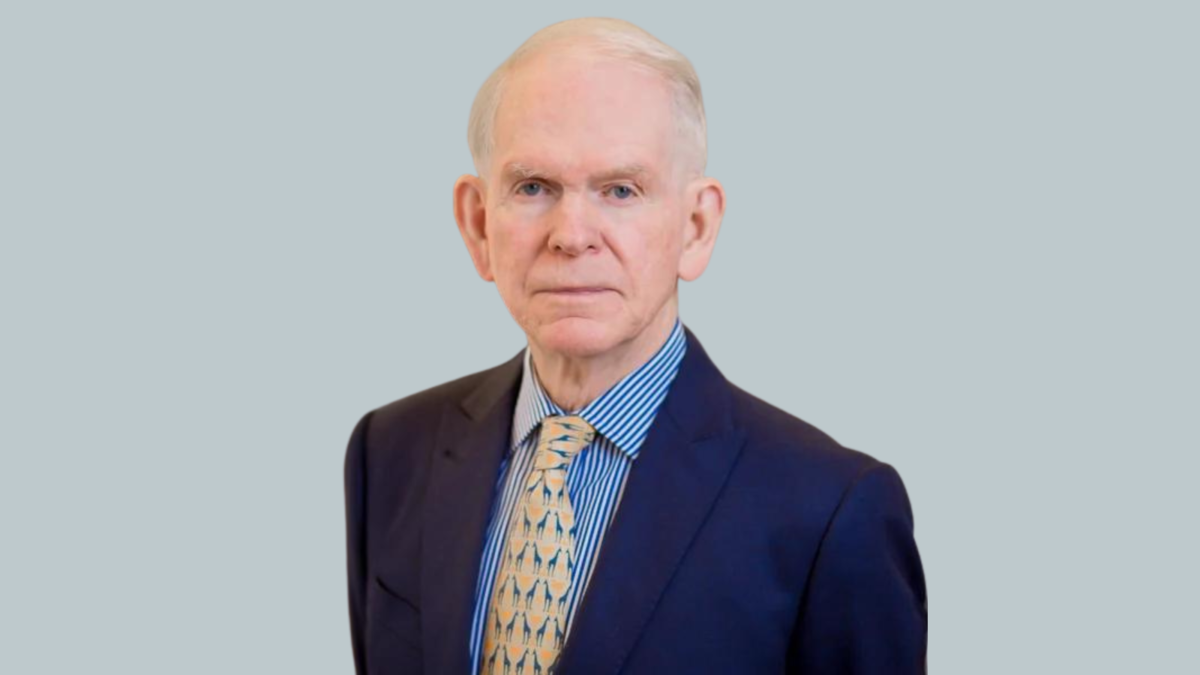Super bear part 3: Grantham trilogy ends with tragedy
In the third instalment of his gloomy superbubble trilogy, Grantham, the founder of value fund shop GMO, says the recent bear market rally – that saw the US S&P500 index claw back almost 60 per cent of June lows – “has so far played out exactly in line with its three historical precedents” set in 1929,1973 and 2000.
“If the bear market has already ended, the parallels with the three other U.S. superbubbles – so far so strangely in line – would be completely broken. This is always possible. Each cycle is different, and each government response is unpredictable,” he says. “But these few epic events seem to act according to their very own rules, in their own play, which has apparently just paused between the third and final act. If history repeats, the play will once again be a Tragedy. We must hope this time for a minor one.”
Grantham says in his paper titled ‘Entering the Superbubble’s Final Act‘, the bear rallies of all three previous statistically extreme eras concluded with an economic slump followed by new stock market lows.
“My papers, ‘Waiting for the Last Dance‘ and ‘Let The Wild Rumpus Begin,’ made a simple point: in the U.S., the three near perfect markets with crazy investor behavior and 2.5+ sigma overvaluation have always been followed by big market declines of 50 per cent,” he says. “The papers said nothing about fundamentals except to expect some deterioration. Now here we are, having experienced the first leg down of the bubble bursting and a substantial bear market rally, and we find the fundamentals are far worse than expected.”
Furthermore, Grantham says the current dire set of circumstances comes as both short-term problems – namely, food and energy shortages, a softening Chinese economy, and rising rates – and long-term global challenges such as climate change and sub-replacement level population growth in many countries darken the horizon.
He says markets tend to operate within statistical norms 85 per cent of the time but for fund managers it is “only the other 15 per cent of the time that matters, when investors get carried away and become irrational”.
And most of the time the extreme market moods tend to the upside where bubbles and superbubbles form before inevitably bursting, Grantham says.
“Why are the historic superbubbles always followed by major economic setbacks? Perhaps because they occurred after a very extended build-up of market and economic forces – with a major surge of optimism thrown in at the end,” he says. “At the peak, the economy always looks near perfect: full employment, strong GDP, no inflation, record margins. This was the case in 1929, 1972, 1999, and in Japan (the most important non-U.S. superbubble). The ageing cycle and temporary near perfection of fundamentals leave economic and financial data with only one way to go.”
In a footnote, the octogenarian investment legend also refutes his reputation as a ‘permabear’, pointing out previous bullish stances in 2009 and 2018.
“Nothing annoys the financial establishment more than bearish comments during these bullish frenzies, when so much money is being made by the financial community,” Grantham says. “Thus, following Propaganda 101, this huge majority of permabulls accuse the tiny minority making bearish comments of being permabears.”











